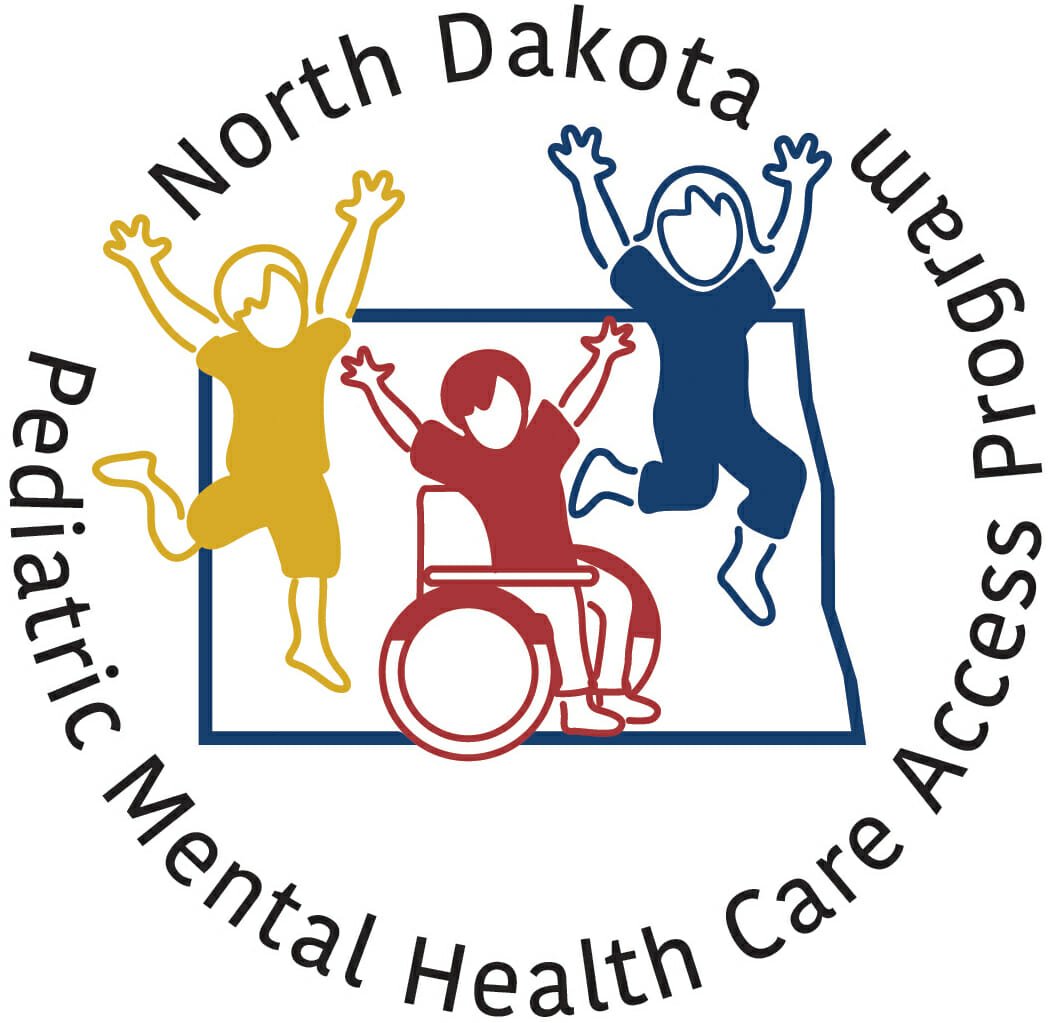This is the evidence-based model Dr. Ross Greene describes in his influential books The Explosive Child, Lost at School, Lost & Found, and Raising Human Beings. The CPS model has transformed thinking and practices in countless families, schools, inpatient psychiatric units, and residential and juvenile detention facilities throughout the world, and has been associated with dramatic reductions in adult-child conflict, concerning behaviors, disciplinary referrals, detentions, suspensions, restraints, and seclusions. The model represents a significant departure from discipline-as-usual: it focuses on solving problems rather than on modifying behavior, emphasizes collaborative rather than unilateral solutions, encourages proactive rather than reactive intervention, de-emphasizes diagnostic categories, and provides practical, research-based tools for assessment and intervention.
In this two-day conference, Dr. Greene will provide an overview of the CPS model, along with more advanced coverage of the nuances of assessment and engaging kids in solving the problems that affect their lives. You don’t have to participate on both days. On Day One, Dr. Greene will provide a general overview of the CPS model, including key themes, use of assessment instrumentation, and solving problems collaboratively. On Day Two he will dive deeper into various facets of the model, with extensive use of video examples and ample time for questions and discussion. So, if you’ve already attended an introductory training with Dr. Greene, you may just want to sign up for the second day. If you’re only interested in an introduction to the CPS model, just sign up for the first day. And if you want both, sign up for both days.
While Dr. Greene will answer many questions during the webinar — especially at the end of each.
At the conclusion of this training, participants will:
- Describe the five big shifts of the CPS model, including focusing on problems rather than behaviors, the advantages of collaborative (rather than unilateral) problem solving, and the importance and feasibility of proactive (rather than reactive) intervention.
- Identify the lagging skills and unsolved problems using the Assessment of Lagging Skills and Unsolved Problems (ALSUP).
- Describe the three basic mechanisms by which adults handle unsolved problems and unmet expectations in kids (Plans A, B, and C) and what is accomplished by each, and the three steps or “ingredients” of Plan B.
- Describe how to effectively implement Plan B to solve problems, teach skills, and reduce the frequency and intensity of challenging behavior.
- Identify the strategies for dealing with the various structural factors in schools that may impede implementation of the CPS model.
- Describe and deal with the roadblocks commonly encountered in implementation with individual children and in families and systems.
Intended Audience: Mental Health Professionals, Special Educators, Classroom Teachers, Special Education Administrators, Superintendents, Principals/Assistant Principals, Speech/Language Pathologists, Psychologists, Social Workers, Counselors, Pediatricians/Family Physicians, Staff in Restrictive Therapeutic Facilities (Inpatient Psychiatric Units, Residential Facilities, Juvenile Detention Facilities), Parents
FAQs
What time does the webinar begin? Dr. Greene will begin the training at 8:30 am CST and end at 3:30 pm CST each day.
How much does this virtual conference cost? This two-day conference is FREE to attend and is made possible by the Health Resources and Services Administration (HRSA).

